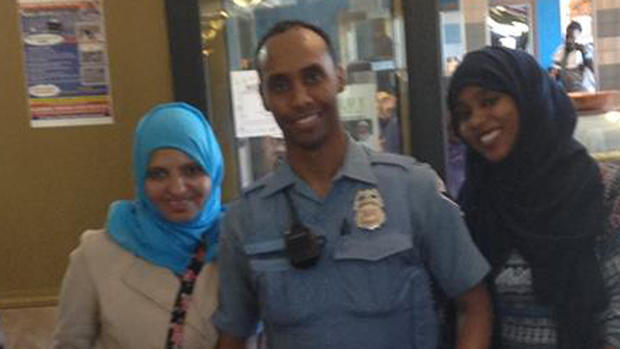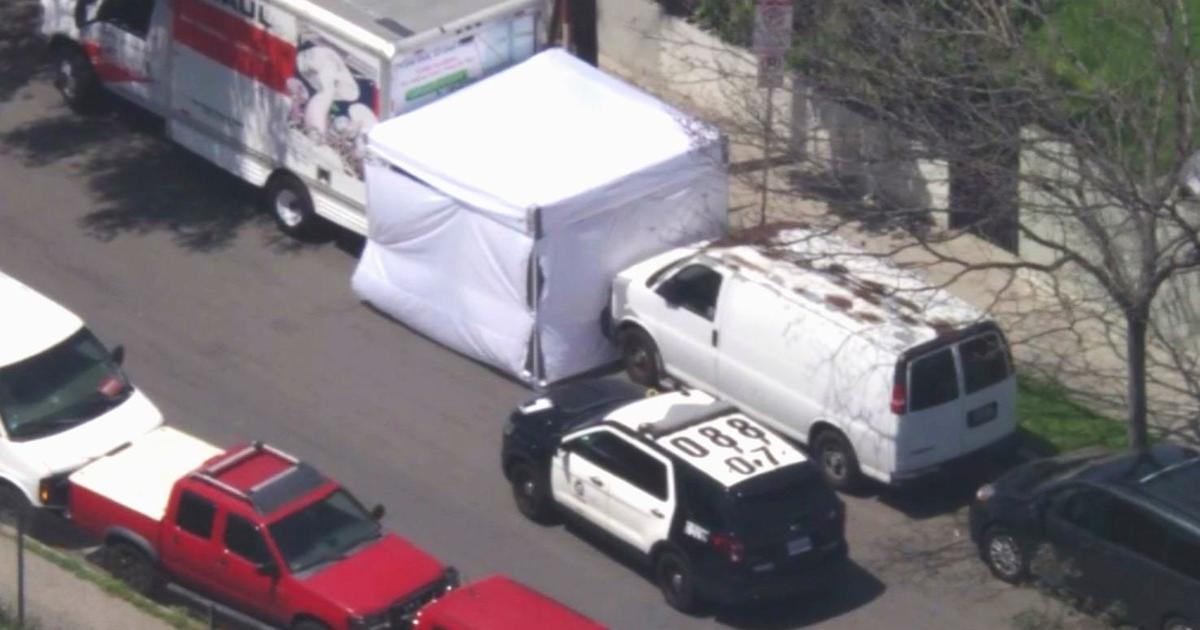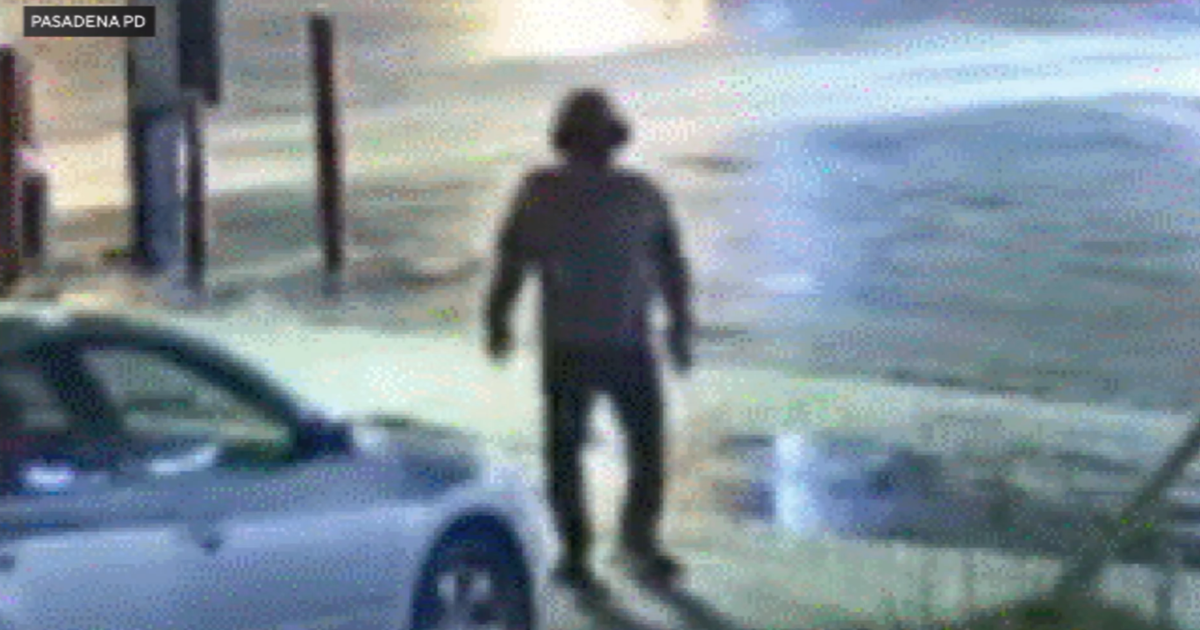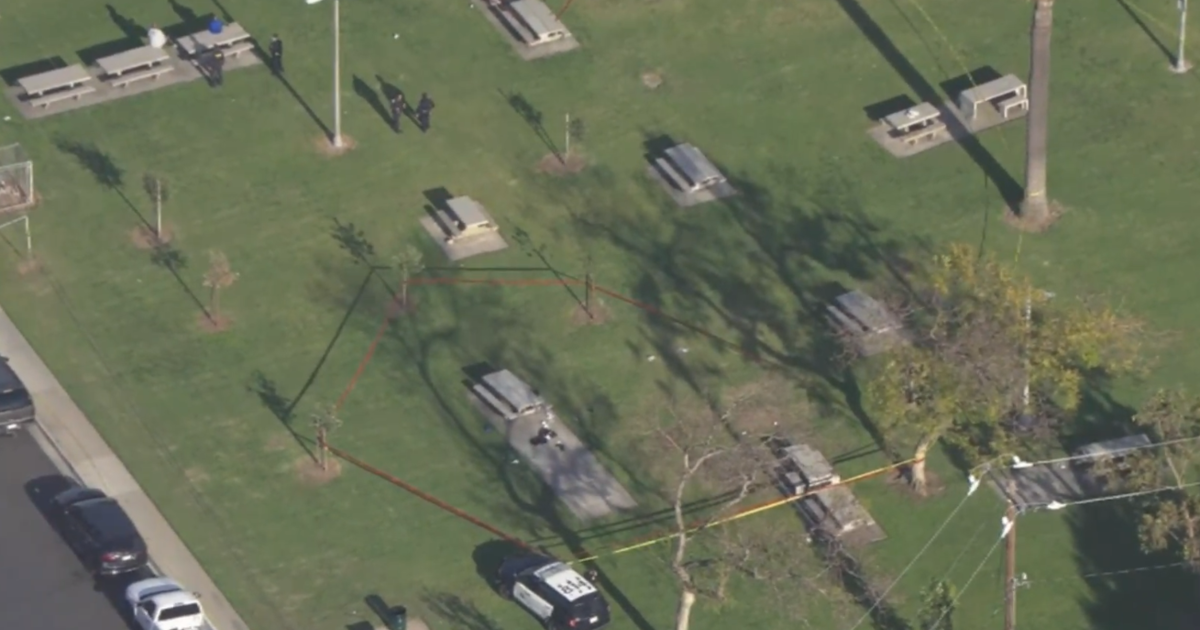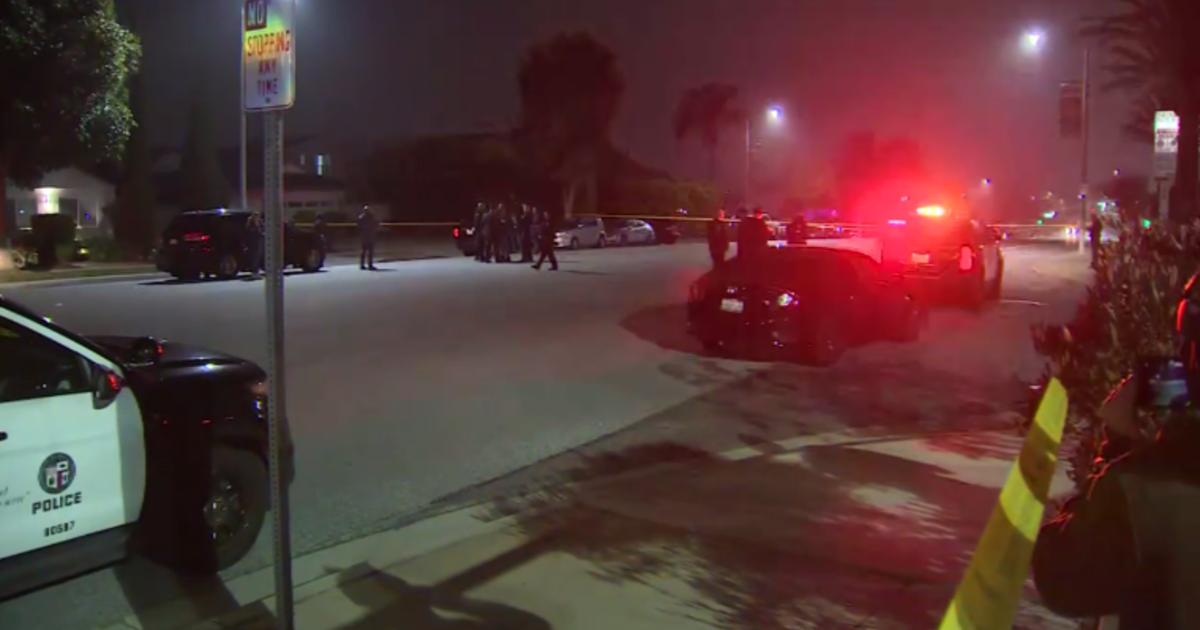Officers' Body Cameras Turned Off In Police Shooting Of Australian Woman
MINNEAPOLIS (CBSLA.com/AP) - Officials are asking why body cameras worn by Minneapolis police officers who fatally shot an Australian woman were turned off.
Justine Damond was shot by an officer late Saturday night. The officer was responding to a 911 call about a possible assault. It's not clear what led to the shooting, which is being investigated by state authorities.
Officials say the officers' body cameras weren't turned on and a squad camera didn't capture the shooting.
No weapons were found at the scene, according to the Bureau of Criminal Apprehension, the agency called in to investigate the shooting. A cellphone was found near Damond's body.
Friends and relatives say Damon, 40, worked as a spiritual healer and life coach and was engaged to be married.
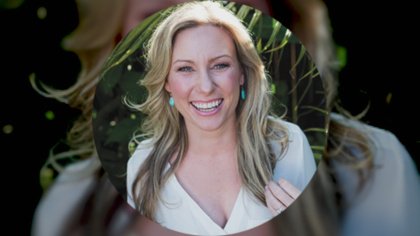
Assistant Minneapolis Police Chief Medaria Arradondo confirmed to the Star Tribune that the city's body camera program has been launched but would not give details as to why footage of the shooting was not available.
"I have questions about why the bodycams weren't on," Arradondo was quoted as saying.
Damond spent some of her early childhood years in the Buffalo, New York, area. Peter Suffoletto, whose cousin John Ruszczyk is Damond's father, said she held dual Australian-U.S. citizenship and frequently returned to visit.
The Minneapolis police officer has been identified as Mohammed Noor, according to CBS Minnesota. Noor is
the first Somali-American officer to join the Minneapolis Police Department's 5th Precinct, which he joined in March 2015.
Noor and the other officer, whose identity has yet to be released, have been placed on paid administrative leave, which is standard procedure following an officer-involved shooting.
Body cameras have been rolled out in multiple U.S. cities including Los Angeles, where the City Council signed off on a $60 million plan in June 2016 to equip Los Angeles Police Department officers with body cameras and cellphones.
But the American Civil Liberties Union (ACLU) and other groups have opposed such plans, warning that the LAPD's policy allows officers to review video before speaking to investigators and says nothing about releasing video to the public.
The ACLU's Peter Bibring is especially concerned about the fact that the LAPD plans to release footage only if compelled to do so in a court proceeding.
"It doesn't promote transparency if the public never gets to see the footage," said Bibring.
(© Copyright 2017 CBS Broadcasting Inc. All Rights Reserved. The Associated Press contributed to this report.)
